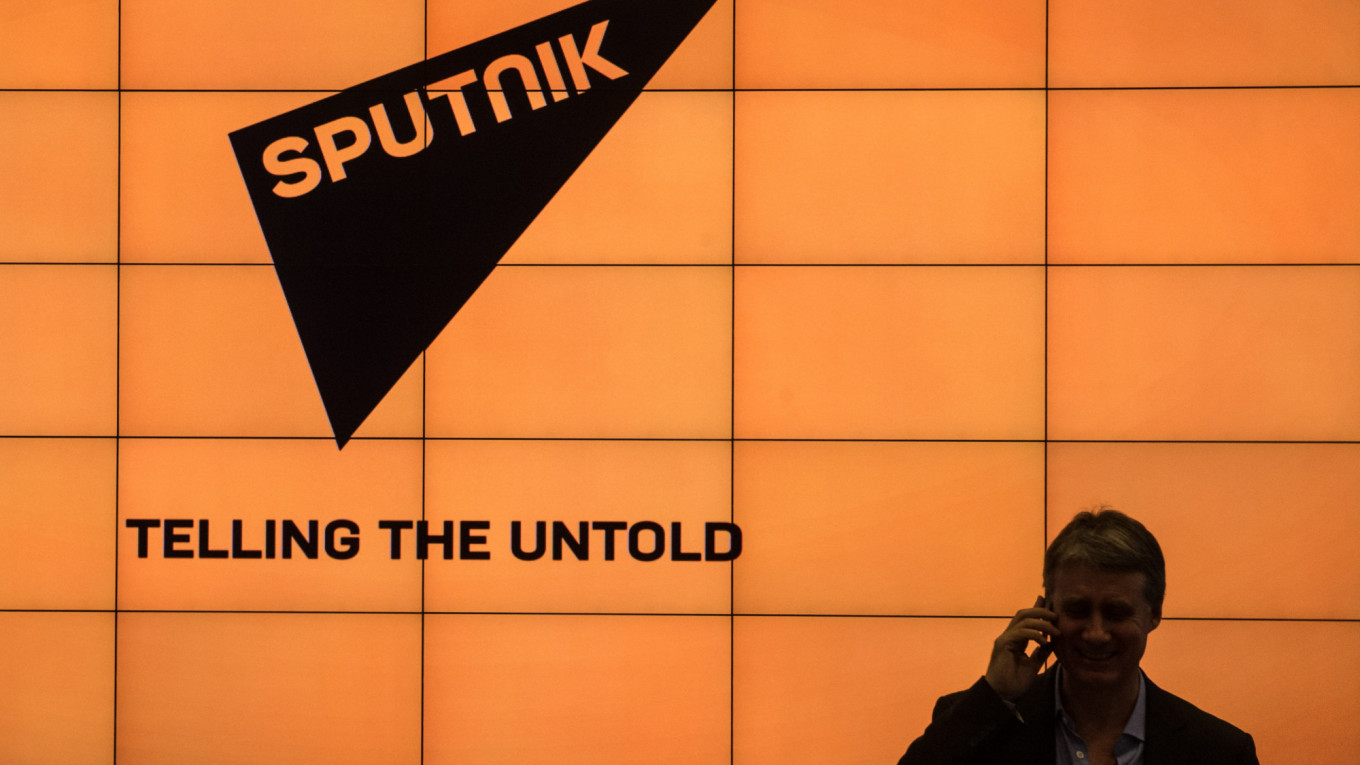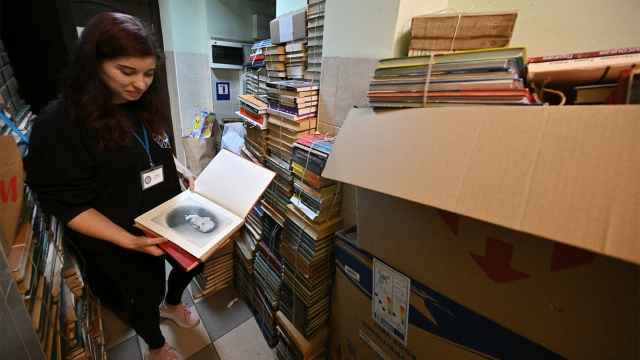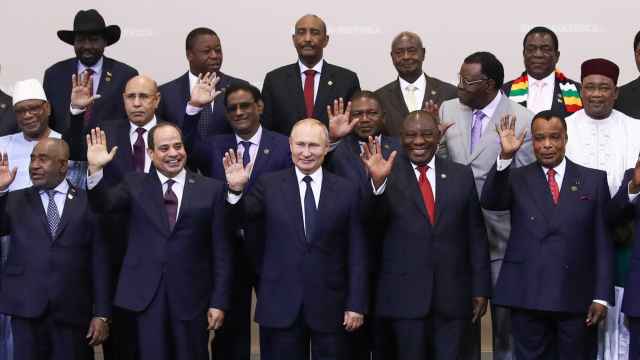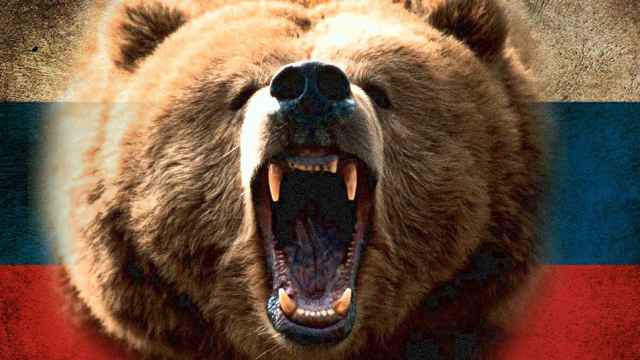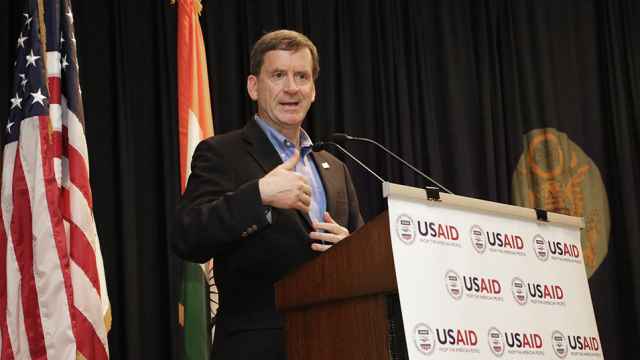Istanbul police on Sunday released the editor-in-chief of the Turkish edition of Sputnik, the Russian news website said, as tensions escalated between Ankara and Moscow.
Sputnik Turkey's editor-in-chief Mahir Boztepe was detained and taken to the Istanbul police headquarters but released a couple of hours later, the website said.
The Ankara public prosecutor's office launched a probe into Boztepe on suspicion of "degrading the Turkish people, the Turkish state, state institutions" and "disrupting the unity and territorial integrity of the state", state news agency Anadolu reported.
The release comes after Turkish Foreign Minister Mevlut Cavusoglu and his Russian counterpart Sergei Lavrov spoke on the phone, officials said.
Lavrov "stressed the need to quickly settle the Sputnik journalists and collaborators' situation in Ankara and to ensure their safety," the Russian foreign ministry said.
They also discussed a meeting expected this week between Turkish President Recep Tayyip Erdogan and Russia's Vladimir Putin, it said.
Turkish media reported the meeting would take place on March 5 but Kremlin spokesman, Dmitri Peskov, said it could be on Thursday or Friday.
The Russian ministry earlier said that "protesters" entered three journalists' homes on Saturday night in Ankara and threatened them.
Margarita Simonyan, editor-in-chief of Rossiya Segodnya which owns Sputnik, had criticised the earlier detention of the three journalists in Ankara.
Sputnik said they were then taken to an Ankara court for questioning on Sunday but were freed afterwards.
Turkish police also searched the Russian news website's Istanbul office.
The Turkish branch of Reporters Without Borders (RSF) tweeted on Sunday that police took statements from the three journalists in Ankara after Sputnik published an article in English titled: "The 'Stolen Province': Why Turkey Was Given A Corner Of Syria By France 80 Years Ago."
Colonial power France ceded the southern region to Turkey in 1938.
The relationship between Russia and Turkey has been strained since attacks blamed on the Russian-backed Syrian regime killed dozens of Turkish soldiers last week in the northwestern rebel-held Syrian province of Idlib.
While Ankara backs Syrian opposition fighters, Russia is a close ally of Damascus and has provided air power during the recent assault on Idlib.
Ties between the two countries deteriorated after Turkey shot down a Russian plane in 2015, but a rapprochement in 2016 led to closer links in multiple areas including energy and in Syria.
Colonial power France ceded the southern region to Turkey in 1938. The Russian foreign ministry earlier criticized the detention of the three journalists.
The ministry said that "protesters" entered the journalists' homes and threatened them.
"We call on the Turkish authorities to intervene and ensure the safety of Russian media journalists," it said in a statement.
The relationship between Russia and Turkey has been strained since attacks blamed on the Russian-backed Syrian regime killed dozens of Turkish soldiers last month in the northwestern rebel-held Syrian province of Idlib.
While Ankara backs Syrian opposition fighters, Russia is a close ally of Damascus and has provided air power during the recent assault on Idlib.
Ties between the two countries deteriorated after Turkey shot down a Russian plane in 2015, but a rapprochement in 2016 led to closer links in multiple areas including energy and in Syria.
A Message from The Moscow Times:
Dear readers,
We are facing unprecedented challenges. Russia's Prosecutor General's Office has designated The Moscow Times as an "undesirable" organization, criminalizing our work and putting our staff at risk of prosecution. This follows our earlier unjust labeling as a "foreign agent."
These actions are direct attempts to silence independent journalism in Russia. The authorities claim our work "discredits the decisions of the Russian leadership." We see things differently: we strive to provide accurate, unbiased reporting on Russia.
We, the journalists of The Moscow Times, refuse to be silenced. But to continue our work, we need your help.
Your support, no matter how small, makes a world of difference. If you can, please support us monthly starting from just $2. It's quick to set up, and every contribution makes a significant impact.
By supporting The Moscow Times, you're defending open, independent journalism in the face of repression. Thank you for standing with us.
Remind me later.


